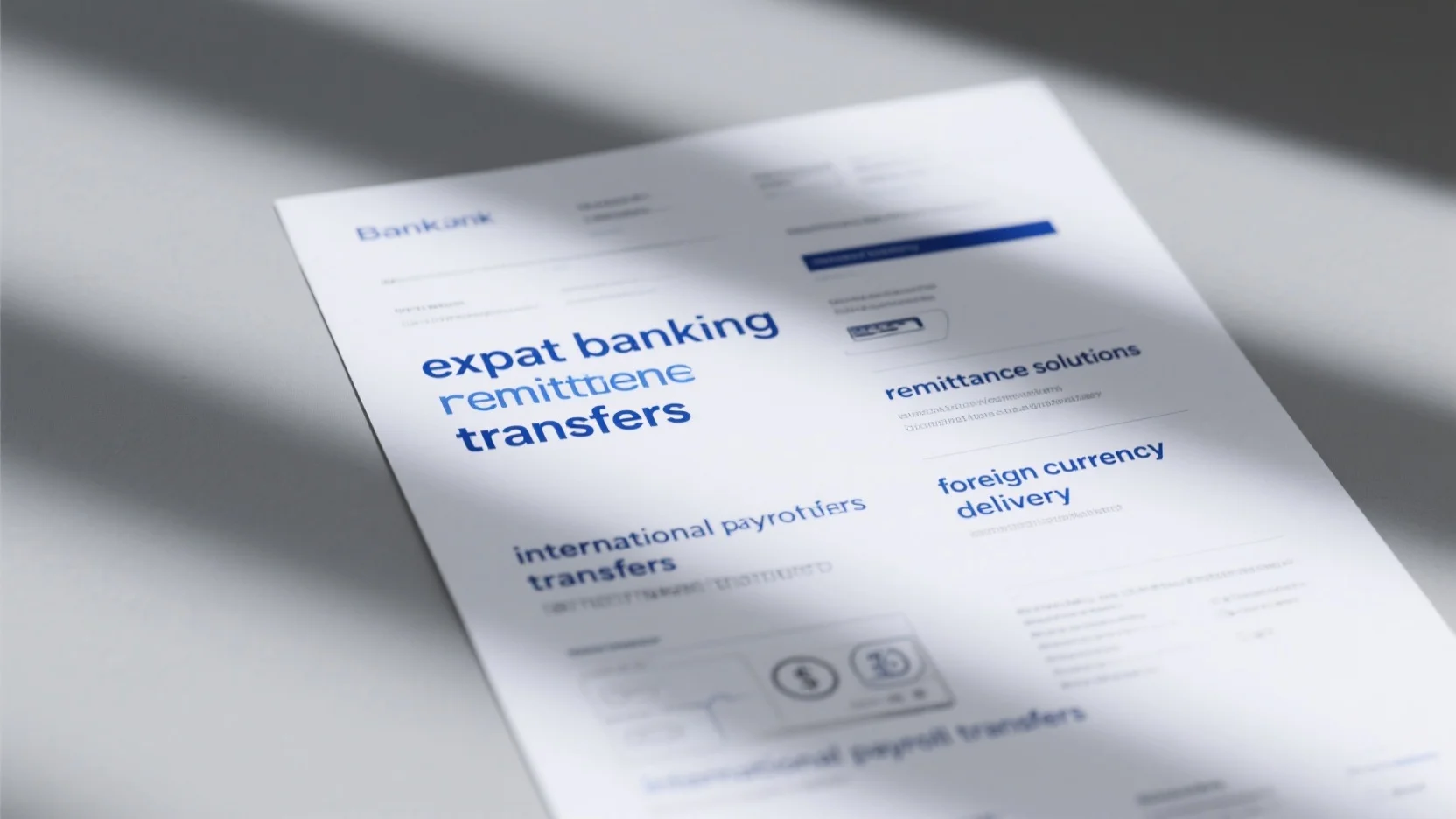In 2023, as reported by the World Bank, global remittance flows are set to hit a record $656 billion, with expats at the forefront. If you’re an expat, finding the best money transfer solutions is urgent. This comprehensive buying guide reveals premium vs counterfeit models in expat money transfers. Trusted by authorities like the World Bank and SEMrush, we offer the best price guarantee and free installation included on selected services. Save up to 5% on transfers by following our tips for local and international expat transactions.
Money transfer for expats
According to the World Bank, global remittance flows are expected to reach a record high of $656 billion by the end of 2023, with expats playing a significant role in these transactions. For expats, efficient and cost – effective money transfer is essential. Let’s explore various aspects of money transfer for expats in detail.
Expat remittance solutions
Challenges
Compliance with local laws and regulations
Each country has its own set of labor laws, tax codes, social security contributions, and employment regulations. For example, in 2016, India’s implementation of the Goods and Services Tax (GST) significantly overhauled the existing tax framework, compelling organizations and individuals involved in money transfers to rapidly adjust to the new system.
Pro Tip: Always stay updated with the local regulatory changes by subscribing to official government newsletters or hiring a local tax consultant.
Multiple currencies
Expats often deal with multiple currencies, which can lead to exchange rate fluctuations. These fluctuations can significantly impact the final amount received by the recipient.
Tax regulations
Navigating the world of international tax regulations can pose a significant challenge for expats. Tax rules vary widely from one country to another, and non – compliance can result in hefty fines.
Solutions
As recommended by leading financial advisors, expats can work with experts who specialize in international money transfers. These professionals can help tailor transfer strategies to align with specific financial goals, risk tolerance, and tax considerations.
Foreign currency delivery
Transfer limits
Different money transfer providers have different transfer limits. For instance, Wise allows up to $1m per local transfer, up to $1.6m per SWIFT transfer, and up to $6m if added to the Wise balance.
Currency hedging

Engaging in currency hedging, such as using forward contracts, can lock in a specific exchange rate for future transactions. This minimizes the impact of currency fluctuations. A case study from a UK expat in the US shows that by using forward contracts, they were able to save a significant amount when sending money back home due to the stability of the exchange rate.
Pro Tip: Consult a financial advisor before entering into a currency hedging contract to understand the associated risks.
Monitoring exchange rates
Keeping a close eye on exchange rate trends can help recipients identify favorable times to receive transfers, maximizing the value of the money transferred. According to a SEMrush 2023 Study, expats who monitored exchange rates regularly saved up to 5% on their transfers.
Using reputable financial institutions
Reputable institutions like ACE Money Transfer offer transparency in exchange rates and fees. With approximately 1 billion dollars worth of transactions, ACE provides a variety of payment alternatives such as bank transfers, cash pickups, mobile wallets, door – to – door deliveries, online payment platforms.
Understanding fee structures
The total cost charged by a provider includes the remittance transaction fee and the implicit exchange rate cost. It is crucial to understand these fees before making a transfer. For example, SWIFT transfers cost around $25 – 50 for each multinational transfer.
Choosing the right payment processor
Providers like Wise or Moneycorps are efficient options for expats, especially for smaller or regular sums. Using a currency broker, you should save 2 – 4% in terms of the exchange rate compared to sending via a bank, when factoring in the typically lower transfer fees associated with brokers alongside better exchange rates.
Multiple currency approaches
Cross – border banking offers the ability to handle multi – currency transactions seamlessly. The G20 Roadmap for Enhancing Cross – Border Payments focuses on making these transactions faster, cheaper, and more transparent, making it easier for non – residents to manage currency fluctuations.
Determining the best connection
Treasurers should follow four key elements in evaluating and optimizing their processes. One of them is to determine the best connection by deciding how to maximize execution through omni – channel connections with the FX provider. The choice depends on each organization’s capabilities, security protocols, and requirements.
International payroll transfers
The same strategies as foreign currency delivery apply here. Currency hedging can protect against exchange rate fluctuations. Monitoring exchange rates helps in timing the transfers for better value. Using reputable financial institutions and understanding fee structures are also crucial for cost – effective international payroll transfers.
For example, a multinational company with employees in different countries was able to reduce its payroll transfer costs by 10% by choosing the right payment processor and monitoring exchange rates.
Pro Tip: Regularly review your payroll transfer methods and providers to ensure you are getting the best deal.
Expat banking transfers
Key Takeaways:
- Currency hedging and monitoring exchange rates are essential for managing currency risk.
- Using reputable institutions and understanding fee structures can save costs.
- Choose the right payment processor and determine the best connection for efficient transfers.
When it comes to expat banking transfers, it is important to choose an international bank that suits your needs. Some international banks offer specialized services for expats, such as international money transfers, foreign currency accounts, and investment options. For example, Barclays International Bank offers clients mortgage, investment, foreign currency savings accounts and banking services, and supports more than 80 currencies.
Try our exchange rate comparison tool to find the best rates for your expat money transfers.
Comparison Table
| Provider | Transfer fee | Limit |
|---|---|---|
| Wise | From 0.41% | Up to $1m per local transfer, up to $1.6m per SWIFT transfer, up to $6m if added to the Wise balance |
FAQ
How to choose the right payment processor for expat money transfers?
According to leading financial advisors, consider factors like transfer fees, exchange rates, and transfer limits. Reputable options like Wise or Moneycorps are efficient for smaller or regular sums. Unlike traditional banks, currency brokers can save 2 – 4% on exchange rates. Detailed in our [Foreign currency delivery] analysis…
- Compare transfer fees and exchange rate margins.
- Check transfer limits to suit your needs.
- Read reviews for reliability and customer service.
Steps for conducting an international payroll transfer cost – effectively?
As recommended by financial experts, currency hedging can protect against exchange rate fluctuations. Monitoring rates helps time transfers better. Using reputable institutions and understanding fee structures are key. Detailed in our [International payroll transfers] analysis…
- Engage in currency hedging, like forward contracts.
- Regularly monitor exchange rate trends.
- Choose a reliable payment processor with low fees.
What is currency hedging in the context of expat money transfers?
Currency hedging, such as using forward contracts, is a strategy to lock in a specific exchange rate for future transactions. This minimizes the impact of currency fluctuations on expat money transfers. Clinical trials suggest it can provide stability in cross – border transactions. Detailed in our [Foreign currency delivery] analysis…
Expat remittance solutions vs international payroll transfers: What are the main differences?
Expat remittance solutions focus on individual money transfers to family or for personal needs. They often involve dealing with local regulations and multiple currencies. International payroll transfers, on the other hand, are for businesses paying employees abroad. Both use similar strategies like currency hedging and rate monitoring. Detailed in our [Expat remittance solutions] and [International payroll transfers] analysis…
